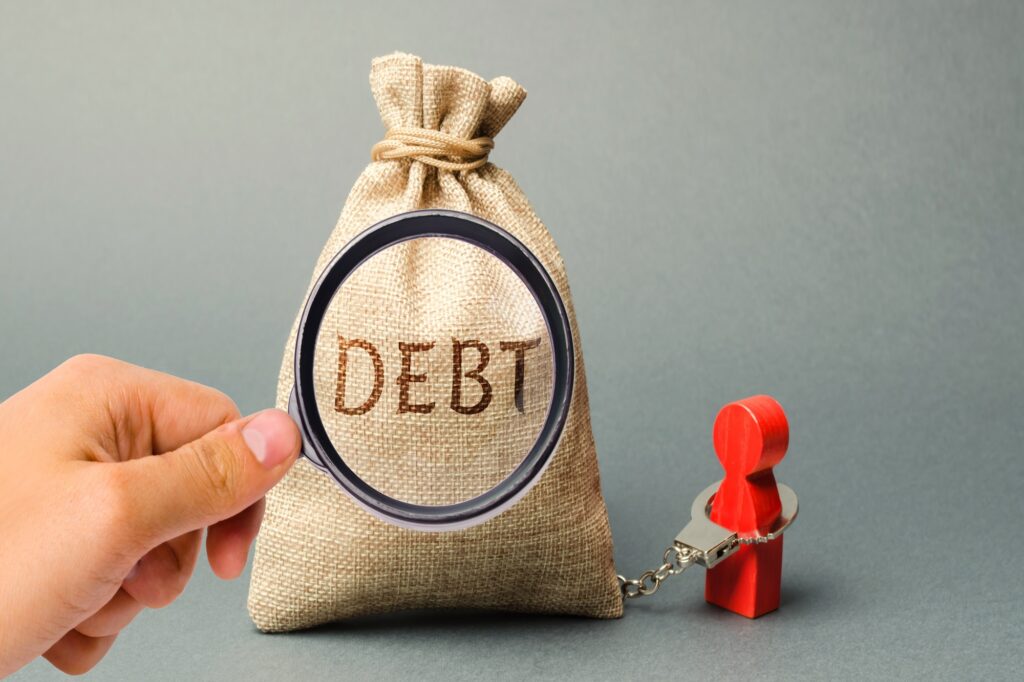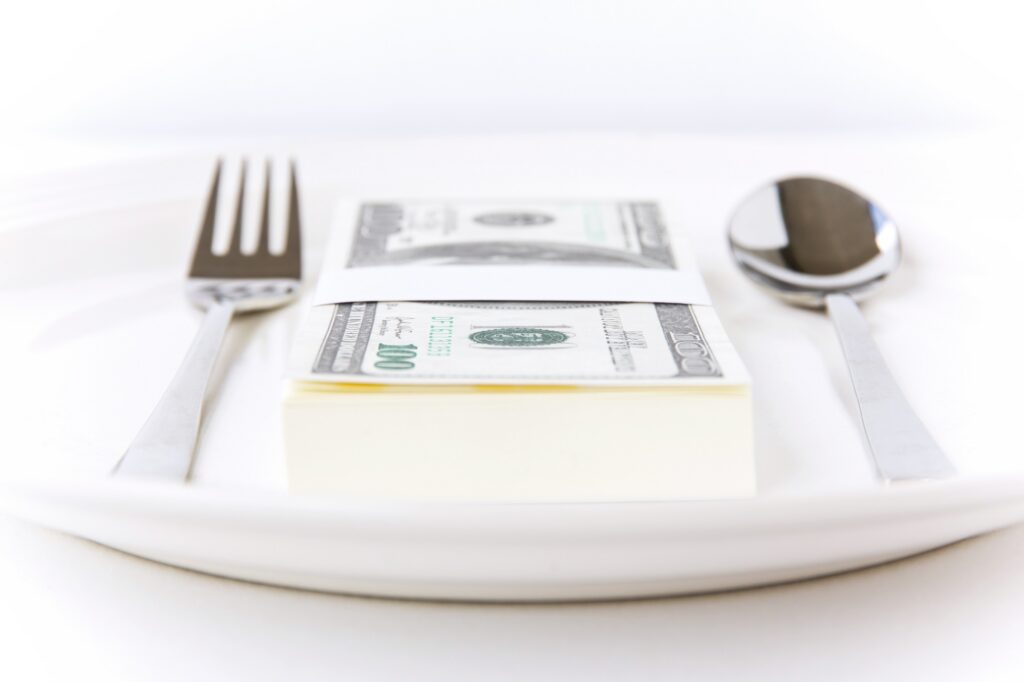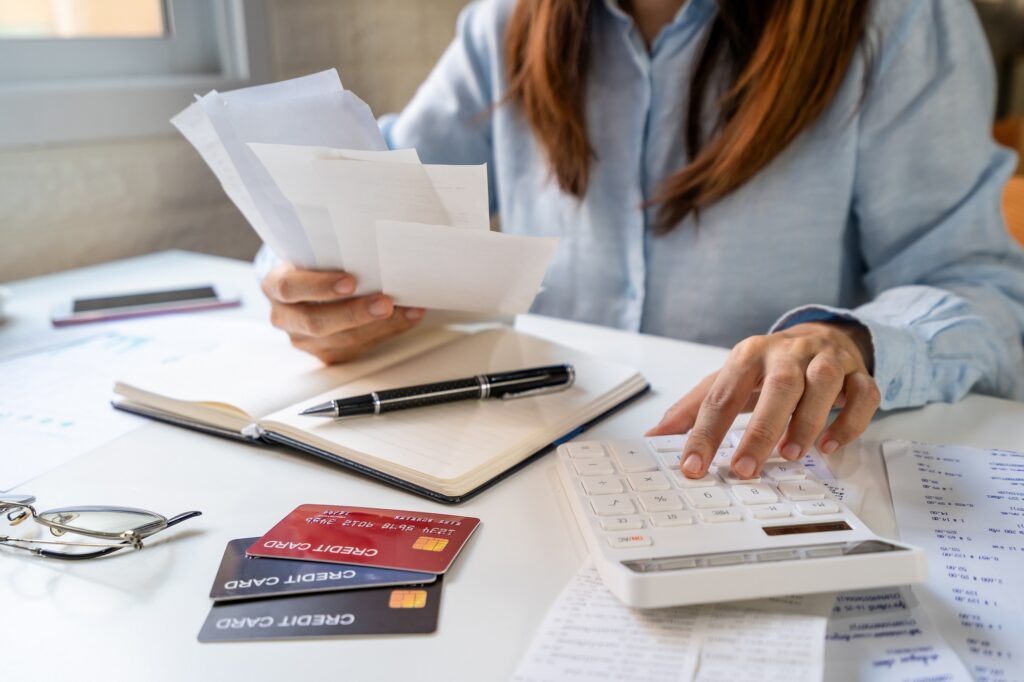
These Everyday Habits Could Be Secretly Adding to Your Debt—Here’s What You Need to Know
Debt doesn’t always come from big purchases or major life events. Often, it’s the small, everyday habits that quietly build up over time, leaving you with a balance that’s harder and harder to manage. These habits might seem insignificant in the moment, but their cumulative effect can lead to mounting debt before you realize what’s happening. Let’s explore some common behaviors that could be silently increasing your debts and what you can do to change course.
The impact of seemingly harmless habits on your financial health:
– Small, frequent purchases add up over time, leading to larger-than-expected credit card balances.
– Using credit cards for everyday expenses can create a false sense of financial security.
– Failing to track spending can lead to unintentional overspending and increased debt.
– Paying only the minimum on credit card balances extends the debt repayment period and increases the amount of interest paid.
– Impulse buying, whether online or in-store, can result in unnecessary purchases that contribute to growing debt.
Recognizing and addressing these habits is crucial for preventing them from spiraling into larger debt problems. By adopting better spending practices and creating a proactive plan for managing your finances, you can regain control and avoid the pitfalls of these common behaviors. The Emergency Debt Relief program offers personalized strategies to help you break free from these habits and reduce your debt.

Detailed Explanation:
– Habit 1: Small, Frequent Purchases
Those daily coffee runs or frequent small online purchases might not seem like much, but they add up quickly. Over a month, these seemingly minor expenses can significantly increase your debt.
– Habit 2: Relying on Credit for Everyday Expenses
Using your credit card for everyday expenses like groceries or gas can lead to higher balances that are difficult to pay off, especially if you’re not tracking your spending closely.
– Habit 3: Not Tracking Spending
When you don’t keep a close eye on your spending, it’s easy to overspend without realizing it. This can lead to larger credit card balances and more financial stress.
– Habit 4: Making Minimum Payments
Paying only the minimum on your credit card balances extends your debt repayment period and results in paying significantly more in interest over time.
– Habit 5: Impulse Buying
Whether it’s a flash sale online or an unplanned purchase in-store, impulse buying can quickly add to your debt. Learning to pause before making purchases can help you avoid unnecessary spending.
– Spending Awareness Tools: Track your spending and avoid unintentional debt accumulation.
– Debt Reduction Strategies: Focus on paying down debt faster and save money on interest.
– Personalized Financial Coaching: Get expert advice tailored to your financial habits.

We’ve seen how small, everyday habits can quietly lead to significant debt. We aim to help you recognize these patterns and equip you with the tools you need to break free from debt and achieve financial stability.
Don’t let small habits snowball into big debt. Take action today to protect your financial future!
Click the button below to see if you qualify for Emergency Debt Relief. On average 80% of people qualify!
Related Posts
How to Break Free from Holiday Shopping Debts and Start the New Year on a Strong Financial Footing The holiday […]
How Eating Out Could Be Secretly Adding to Your Debt—and What You Can Do About It We all enjoy the […]
Understanding How Interest Rates Are Keeping You in Credit Card Debt—And What You Can Do About It Have you ever […]
How Your Lifestyle Choices Might Be Secretly Adding to Your Debt—And What You Can Do About It It’s easy to […]
Here’s Why Consolidating Your Credit Card Debts Could Be a Game-Changer for Your Finances Managing multiple credit card debts can […]





